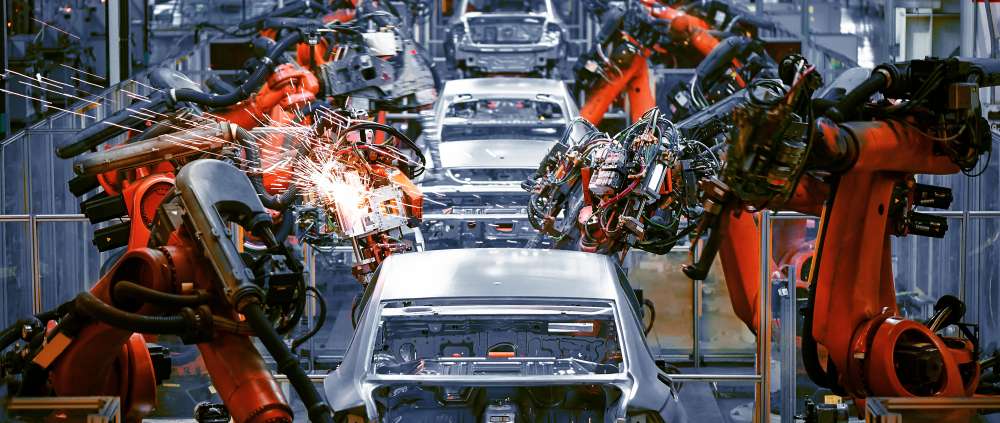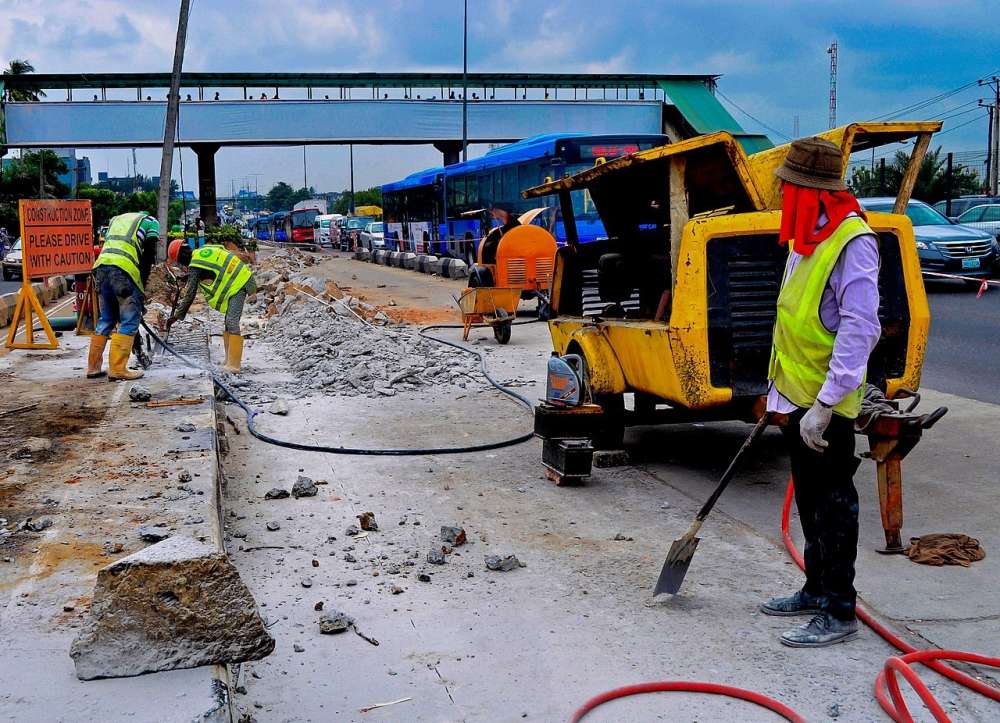Automation and the Future of Work in Sub-Saharan Africa

An era of autonomous robots and self-learning software is upon us. Many industrialized economies are being transformed by the increasing automation of work as countries enter the “second machine age” or the “fourth industrial revolution,” as the World Economic Foundation called it.
Predictions vary on what automation will eventually mean for the future of work. The purpose of this discussion paper is not to argue that either of these two perspectives is the correct one, but rather to direct attention toward those particular factors that influence the uptake of automation technologies. There is a tendency in the current discourse on automation and the future of work to presuppose that impressive advances in hardware and software mean that widespread automation — and its consequences — are inevitable. Yet, technology alone is not deterministic of the future and advancements in robots and algorithms are not the sole drivers of automation. This discussion paper takes a more critical look at a number of social, regulatory, economic, and infrastructure and capital factors that are driving or inhibiting the automation revolution.
In applying this framework to the case of sub-Saharan Africa, our analysis concludes that wide-scale automation of most of the region’s economies will be limited. Largely, this is because of the area’s large-scale informal economy and its lack of necessary digital infrastructure and forward-looking industrial policies. Given low pay and total cost for hiring the majority of sub-Saharan African workers, human labor will remain cheaper than the cost of implementing automation technology. What’s more, a high percentage of workers currently make their living in the informal economy (particularly in small-scale farming). Since this work is especially immune to automation in pre-industrialized societies, automation’s impact will be even more limited.
On the other hand, sub-Saharan Africa does have areas of economic activity where digital infrastructure is highly developed, where capital is available, and where the economic calculus favors automation. In sub-Saharan Africa’s high-wage and internationalized manufacturing sector and in its high-wage service economy, for example, increasing use of automation technology is likely. In such a scenario, the expansion of automation technology will strongly affect sub-Saharan Africa’s growing middle class who are employed in the formal economy. For them, it is likely that hard times are coming sooner rather than later.
…







